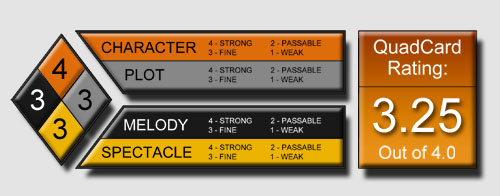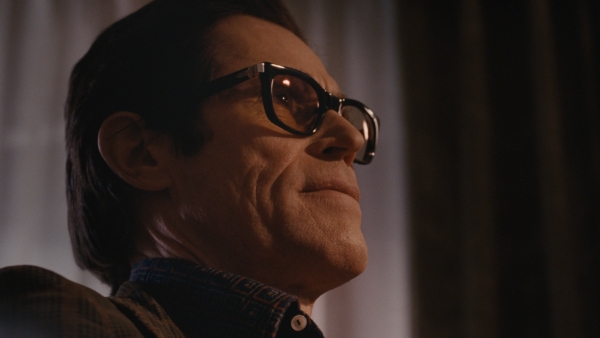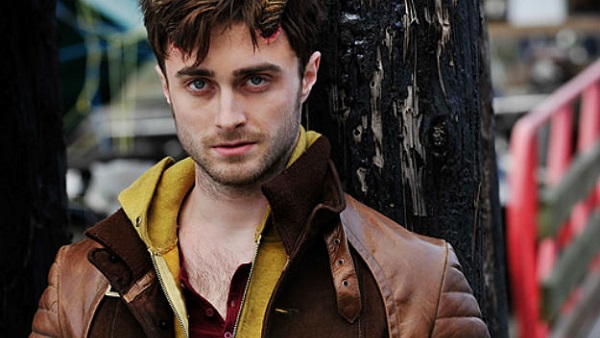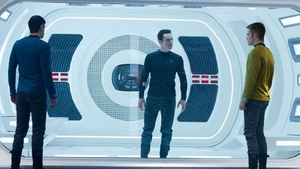 There’s a vitality to director J.J. Abram’s latest foray into the Star Trek universe. While he may not be going where no man—or this series in particular—has gone before, it appears his goal is to give the series forward momentum that can be sustained even if he doesn’t return to the helm. Certainly, Abrams leaves the franchise in a much better place than where he found it. What you look for in a Trek film largely depends on what generation you belong to and outside of that, what series you most align yourself with. There’s a rich history through the various decades that Trek lived through on the
There’s a vitality to director J.J. Abram’s latest foray into the Star Trek universe. While he may not be going where no man—or this series in particular—has gone before, it appears his goal is to give the series forward momentum that can be sustained even if he doesn’t return to the helm. Certainly, Abrams leaves the franchise in a much better place than where he found it. What you look for in a Trek film largely depends on what generation you belong to and outside of that, what series you most align yourself with. There’s a rich history through the various decades that Trek lived through on the
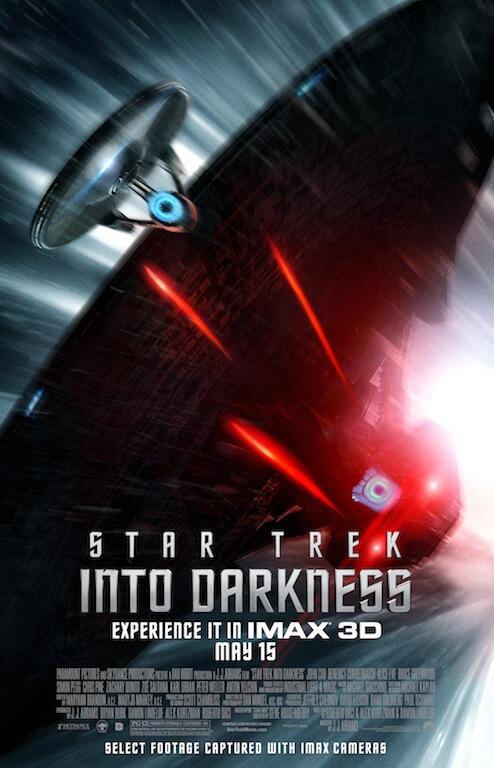 boob tube. But he also has to remain specific. He’s given himself an out of any sticky situation, but this territory is going to feel familiar for those that watched the first few films and enjoyed the original television series.
boob tube. But he also has to remain specific. He’s given himself an out of any sticky situation, but this territory is going to feel familiar for those that watched the first few films and enjoyed the original television series.
If you’re going in blind, just know that Abrams is one of the few that can make a film that leaves an impression of greatness even amidst its many faults. Into Darkness is so forward moving that it rarely lets the audience catch up. Right from the start, we are literally racing with danger on our tail. There are leaps and bounds made, and the film plays by rules you may not be familiar with.
But if you stop to think too long, you’ll be left behind. This velocity encourages the viewers to sit back and let the film work out the details. If you don’t catch something the first time, they might likely round back on it just to make sure. Yet, you never get the feeling the film is talking down to you. There’s a careful balance, and Abrams and his stable of writers, including Damon Lindelof, Roberto Orci, and Alex Kurtzman make it look easy.
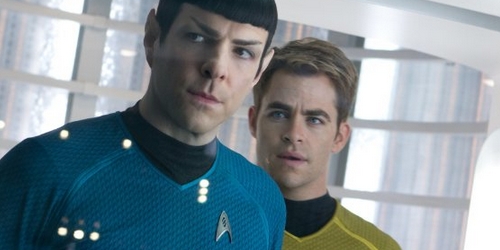
We have jumped forward an unknown amount of time from where Abrams’ recharged Star Trek left off, with our familiar stable of wonderful actors. The most interesting aspect is that seemingly each of them have gone on to lead or star in television shows or movies yet they nimbly fit back into their varied roles as a cohesive unit.
In fact, First Commander Spock (Zachary Quinto) and Captain Kirk (Chris Pine) seem to have such an amazing ebb and flow with their banter that you might imagine they’ve stayed in touch over the years, often in character. There are a handful of new characters as well, with Benedict Cumberbatch and Peter Weller leading the charge. Cumberbatch in particular is the focus of the film, playing a mysterious grey character named John Anderson that the audience has a hard time pinning down as strictly good or evil.
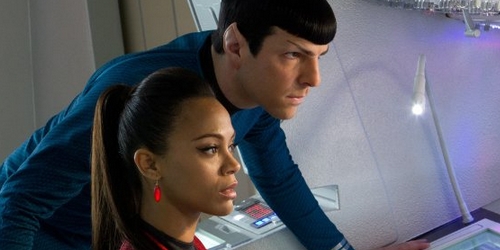
He plays the brooding sociopath with particular flair, and his true menace isn’t so much his outward abilities but his mind, which makes it tough to translate quickly during a film. Yet, there’s an admirable amount of focus towards this that is pulled off. You never know his true intentions until he reveals them. His poker face is one for the books. The key here is putting everything on the line. No place is safe, and that is precisely why the film works so well. Abrams and crew are rewriting the narrative as they go, and we benefit as an audience. Yet, he fails to stick the landing; somehow, in all its forward momentum it runs out of steam. Sitting at 132 minutes, this is a forgivable offense because so much of Into Darkness feels right, lens flares be damned.
G-S-T RULING:
Part of the allure of the rebooted Star Trek was the characters. With Into Darkness, you realize that that’s the golden ticket they play again and again. We root for these characters. Kirk is rash but plays to our own humanity particularly when his judgments are balanced against the robotic Spock. Here, we see Kirk knocked down a few pegs and it’s there that we can revel in the journey. These are not cardboard caricatures moving ever forward. They are twisted and molded by the film’s journey, and we’re along for the ride. Into Darkness is propulsive and clever, and manages to pick up pieces of what is familiar (very familiar actually) and still give us a package that can endure.
